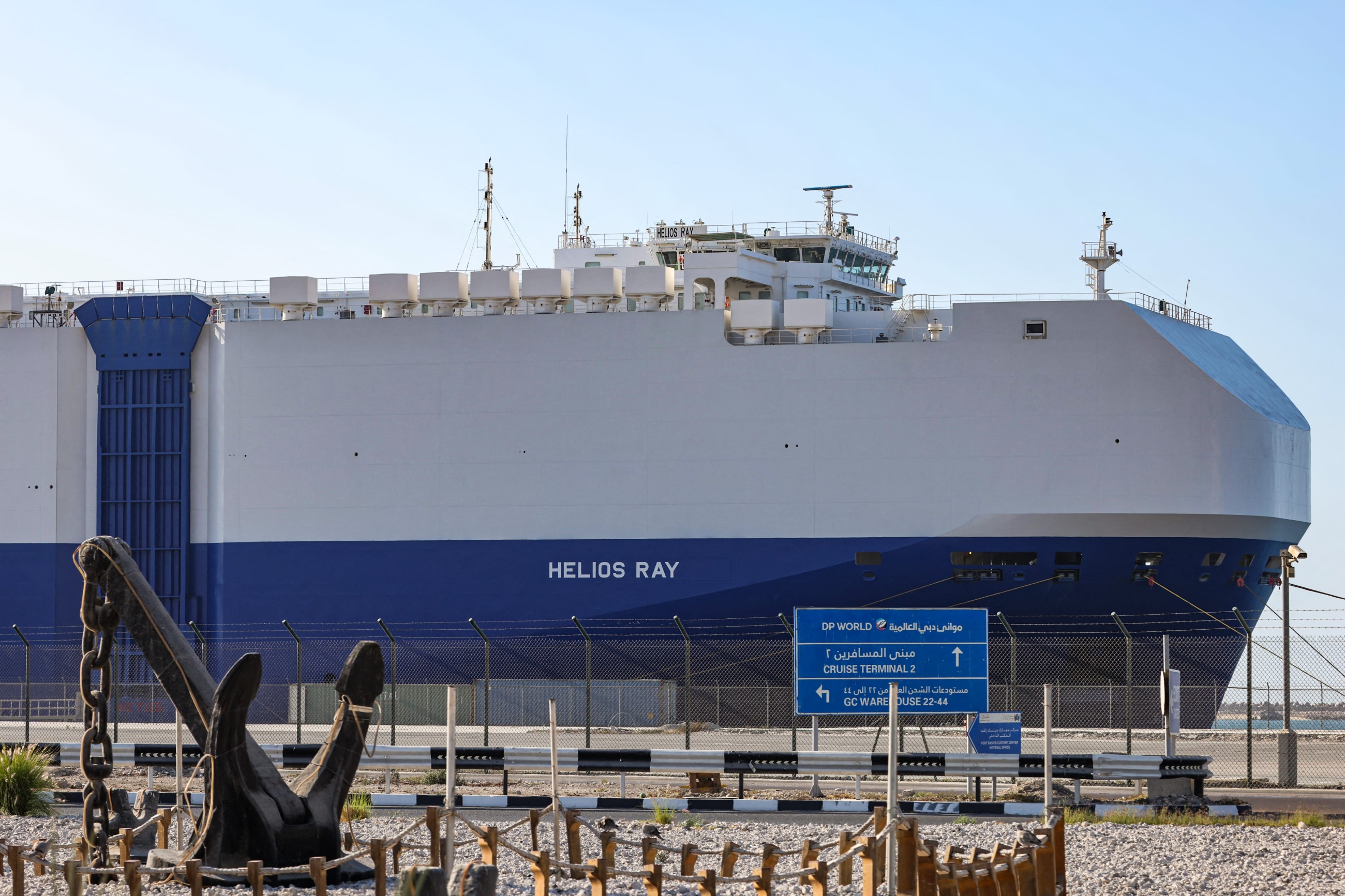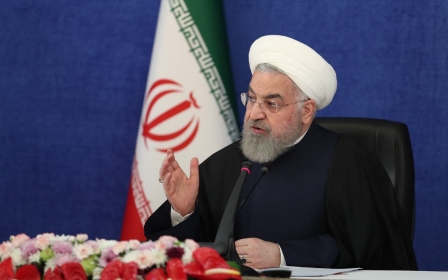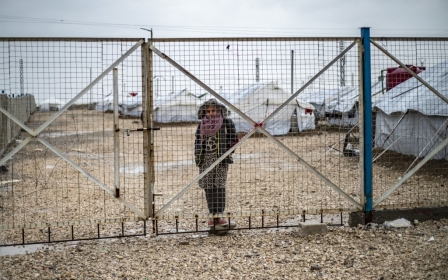Israel has reportedly targeted a dozen ships carrying Iranian oil

Israel has struck at least a dozen boats heading to Syria over the past two years, mostly carrying Iranian oil, the Wall Street Journal reported on Friday.
Citing US and regional officials, the US outlet said that since 2019, Israeli weaponry had repeatedly struck Iranian vessels - or boats carrying Iranian cargo - en route to Syria and other areas in the region.
There was no official confirmation or denial of the WSJ’s reporting. If true, it would suggest the enmity between Iran and Israel had escalated to include maritime skirmishes.
Israel has carried out hundreds of air and missile strikes on Syria since the civil war broke out in 2011, targeting Iranian and Lebanese Hezbollah forces as well as Syrian government troops.
The Wall Street Journal reported that the Israeli nautical attacks, which included the use of underwater mines, were an attempt to target profits from oil that “are funding extremism in the Middle East”.
Iran and Syria have rejected this notion, saying they are in fact working to counter violent armed groups.
US officials told the paper that the Israeli strikes were also an attempt to stop Iran moving cargo, including weapons.
Neither Iran nor Israel replied to requests for comment.
Escalation and retaliation
The Syrian government has said irregularity in oil imports from Iran were behind shortages in the country, according to the WSJ.
Iranian tankers have continued to ship oil to Syria, in contravention of international sanctions.
Last week, an Israeli minister accused Iran of being linked to an oil spill that blackened Israel's 160km-long Mediterranean coast, from Gaza to Lebanon. Minister of Defence Benny Gantz said that he had found no evidence to back the minister's claim, though.
In late February, Israel blamed Iran for an explosion that struck an Israeli-owned ship, the MV Helios Ray, that was travelling from the Saudi port of Dammam to Singapore. Iran rejected the accusation.
Asked on Kan radio if Israel would retaliate, Prime Minister Benjamin Netanyahu repeated previous statements about his determination to prevent Iran from developing nuclear capacity, adding: "We are striking at [Iran] all over the region."
Israel's nuclear programme is widely believed to include an undeclared nuclear arsenal of at least 80 warheads. Recently, satellite imagery has shown that Israel, for the first time in decades, was engaged in new construction at its Dimona nuclear site.
US President Joe Biden is seeking to reverse policies set out by his predecessor, Donald Trump, that led to the US withdrawing from a nuclear deal between Iran and other major powers.
Trump had reimposed sanctions on Tehran and blamed Iran for attacks on other ships in Gulf waters, notably two Saudi oil tankers and a United Arab Emirates vessel in May 2019. Iran has denied carrying out the attacks.
Middle East Eye propose une couverture et une analyse indépendantes et incomparables du Moyen-Orient, de l’Afrique du Nord et d’autres régions du monde. Pour en savoir plus sur la reprise de ce contenu et les frais qui s’appliquent, veuillez remplir ce formulaire [en anglais]. Pour en savoir plus sur MEE, cliquez ici [en anglais].




